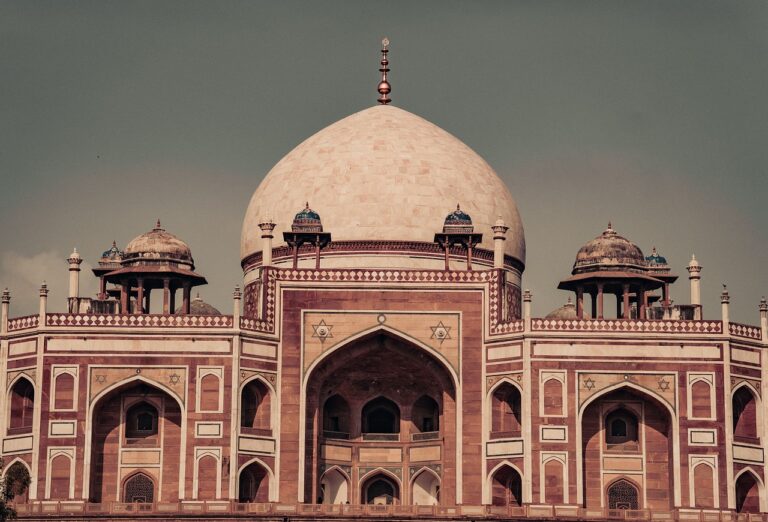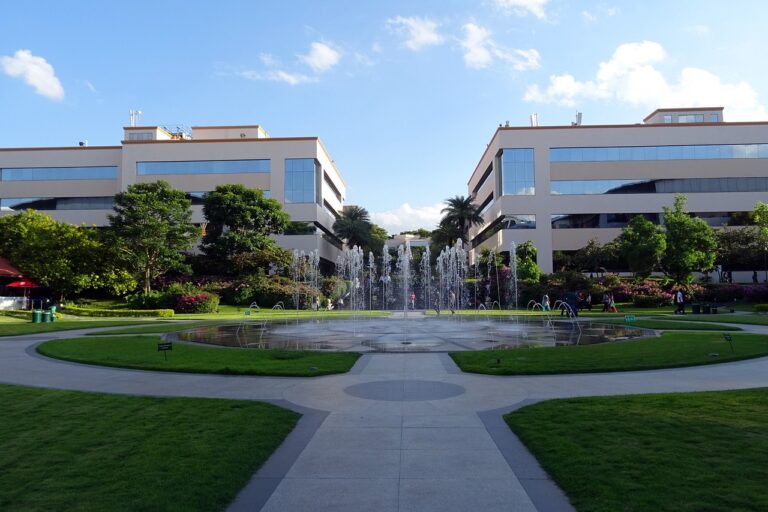Campaign Finance Transparency: Shedding Light on Dark Money
Disclosure in political spending plays a crucial role in maintaining transparency and accountability within the political landscape. By requiring disclosure of campaign contributions and expenditures, voters are better equipped to evaluate the influences behind political decisions and actions. This transparency helps to prevent corruption and undue influence, ensuring that the political process remains fair and representative of the public’s interests.
Moreover, disclosure also serves to uphold the integrity of the democratic process by fostering public trust in the political system. When financial contributions are made public, it allows for greater scrutiny of potential conflicts of interest and promotes a more informed electorate. Ultimately, the practice of disclosure in political spending serves as a cornerstone of a healthy democracy, promoting openness and honesty in the political sphere.
Understanding the Influence of Money in Politics
Money holds a powerful sway over the political landscape, shaping decisions and influencing outcomes. Large campaign contributions and spending can give individuals and organizations a significant voice in the political process, allowing them to push their agendas and priorities forward. This influence extends beyond just elections, impacting the policy-making process and ultimately shaping the laws and regulations that govern society.
The pervasiveness of money in politics can create disparities in representation and access to decision-makers, as those with more financial resources often have greater opportunities to influence government actions. This unequal playing field can undermine the democratic ideals of fair representation and the common good, leading to concerns about the integrity and effectiveness of the political system. Understanding the impact of money on politics is crucial in order to address these challenges and work towards a more equitable and transparent governance structure.
• Money shapes decisions and influences outcomes in politics
• Large campaign contributions give individuals and organizations a significant voice
• Influence extends beyond elections to impact policy-making process
• Disparities in representation and access to decision-makers can result from money in politics
• Understanding the impact of money on politics is crucial for addressing challenges
The Rise of Super PACs and Dark Money Groups
In recent years, the rise of Super PACs and dark money groups has transformed the landscape of political spending in the United States. These entities, often backed by wealthy individuals, corporations, or special interest groups, have the ability to pour unlimited funds into elections, shaping the outcome by inundating the public with advertisements and messaging that may not always be transparent or easy to trace.
Super PACs, formally known as “independent expenditure-only committees,” are allowed to raise and spend unlimited amounts of money to support or oppose political candidates, as long as they do not directly coordinate with the candidate’s campaign. Dark money groups, on the other hand, are organizations that engage in political spending but are not required to disclose their donors, leading to a lack of transparency about where the money is coming from and what interests it may represent. These trends have raised concerns about the influence of money in politics and its potential to undermine the integrity of the democratic process.
What are Super PACs?
Super PACs, or “super political action committees,” are independent expenditure-only committees that can raise unlimited amounts of money from corporations, unions, and individuals to spend on behalf of political candidates.
What are Dark Money Groups?
Dark money groups are organizations that engage in political spending but are not required to disclose their donors. This allows for a lack of transparency in the political process.
Why is disclosure in political spending important?
Disclosure in political spending is important because it allows voters to know who is financially supporting a candidate or issue. This transparency helps to prevent corruption and maintain the integrity of the electoral process.
How has the rise of Super PACs and Dark Money Groups influenced politics?
The rise of Super PACs and Dark Money Groups has led to an increase in the influence of money in politics. Candidates who receive large amounts of funding from these groups may be more likely to prioritize the interests of their donors over the needs of their constituents.
What can be done to address the influence of Super PACs and Dark Money Groups in politics?
Some reforms that have been proposed include increasing disclosure requirements for political spending, implementing limits on campaign contributions, and exploring public financing options for political campaigns. Ultimately, addressing the influence of Super PACs and Dark Money Groups will require a comprehensive approach to campaign finance reform.







